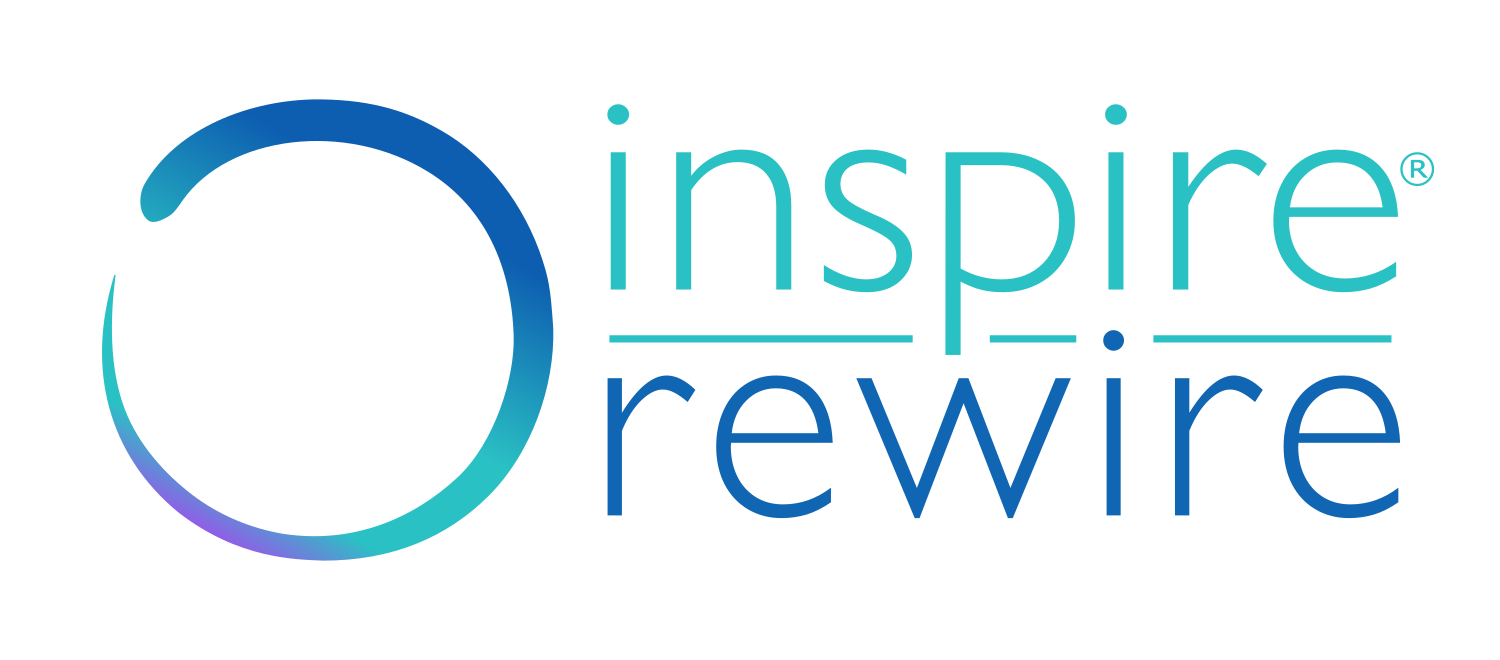Phew, back to normal, it’s 2023! Are we though?
From what I see, since 2020 we have transitioned somewhat back to the workplace but there's residual issues that are plaguing companies.
We had a little shake up to say the least.
High stress over a prolonged period keeps us on edge, our behaviour is impacted and it has left many questioning life, and what is important to them, leaving many with:
1. - Lack of motivation and engagement or low-self esteem
2. - Purpose/ job misalignment
3. - Conflict and/or feeling of unfairness
4. - Exhaustion and burnout
5. - Personal residual situations at home
These all create financial implications; presenteeism, workload covering long term sickness, turnover, HR interventions, mediation or more formal disciplinary or grievance processes, with some resulting in Acas or employment tribunal (ET) claims. BBC 2 radio recently said workplace absenteeism is at its highest and this all adds to the negative cycle which wears out managers and is seemingly endless.
Conflict costs the UK £28.5 billion a year (IOSH), and with an increasingly diverse makeup of age, gender, and personality type – conflict is somewhat inevitable but costs can be relatively low if caught in the early stages before issues start to mount.
Getting to the core and drawing out top down and bottom up ideas supports a holistic and strategic approach; collectively looking at ‘the way things are done around here’ (Deal & Kennedy, 2000), to give everyone a voice, while looking at the operations and company level issues.
When it comes to individuals, all our different personalities can dance around our coping mechanisms when under stress; sticking to ‘being right’ or not speaking up and completely missing the point that we are empowered to master our own mind, emotions and ultimately, our experience of life, and work, that comes with adopting a solution-focused, growth mindset.
When this is not highlighted, instead, individuals not only keep spiraling into their own negativity but it is then spread.
So how to approach a seemingly nightmare of a situation and turn it dramatically around before it goes too far?
We own it, we listen and we take inspired action through conflict resolution interventions
1. Courage - Pulling the rug out within the 'storming' phase (Tuckman's Stages of Group Development), means you're advanced in your own SELF-leadership to lead by example. As much as a negative culture can develop and spread, so can a positive one
2. Set up an initial conflict resolution session - It’s a conversation starter not a promise. Here, the situation is exposed raw and confidential, with an external expert and solutions are brainstormed by the team who agree on what is fed back.
a. What can the manager do?
b. What can the company as a whole look at? How can HR help?
c. What can the team do?
d. What can I work on myself?
This starts to rebuild trust and team connection. Individuals feel empowered and interested in learning self-regulation tools as well as being heard and contributing to the solution.
3. CDP for Teams Timely follow up session focusing on self-leadership, while management addresses other tactile and strategic moves. Sharing tools that can be applied right now; personality types, resilience, change, and emotional management. Plus 1:1 support from manager
4. CDP for Management Session - feedback is powerful, along with mentoring, coaching and any other guidance to develop the immediate action plan and long term areas to look at, which also brings accountability. We have also found bespoke blended training/ wellness retreats very powerful on a leadership or team level
5. Continuous, Consistent, Clear Communication - manager leads a meeting to relay immediate decisions and long term plans with regular check points/ sharing of changes being implemented until the team and back up to ‘performing’
6. ROI (Return on Investment) working with HR to analyse data (Kirkpatrick evaluation) along with a final check point approx 6 months later, to compare the initial session for any changes or further interventions
'You've changed my life'
is the best feedback from the manager after running our conflict resolution session. Music to my ear, but it's a joint effort, and while it can take time to turn the ship around, there are definitely lots of creative immediate actions that can be taken.
Most importantly, the team (and manager) have hope
The journey has begun.
When we change our perception and turn fear of conflict on its head, we can really explore the creative solutions that friction can bring. Sometimes conflict is required to accelerate, to evolve, but if we ignore it then it becomes a dis-ease within the business. Let’s move from surviving to thriving!







